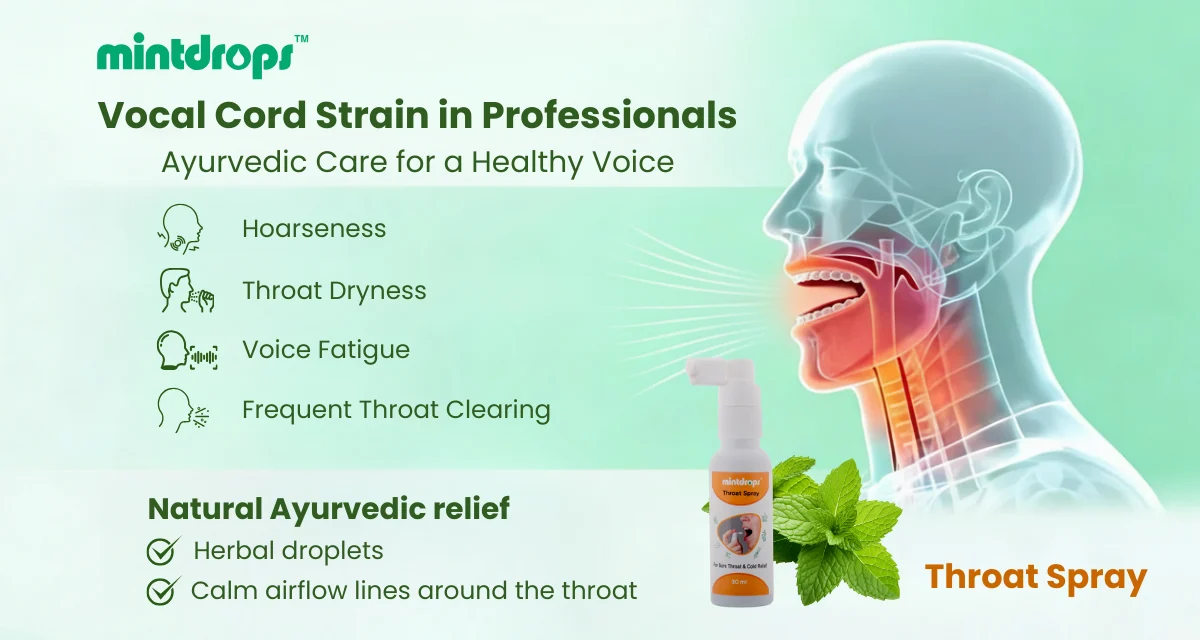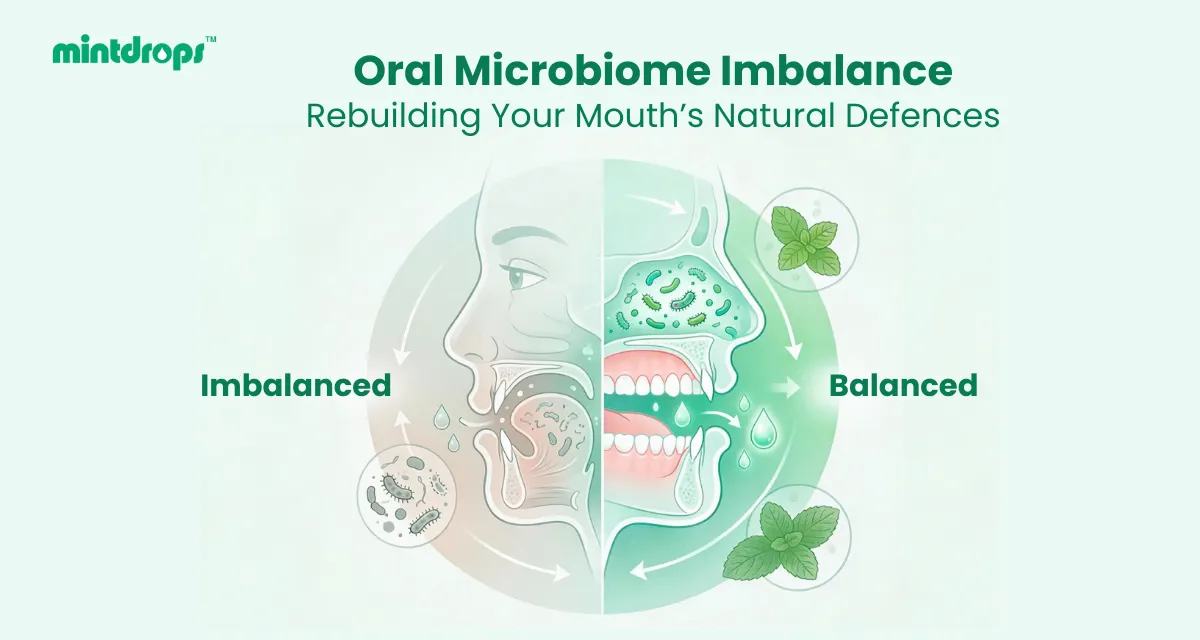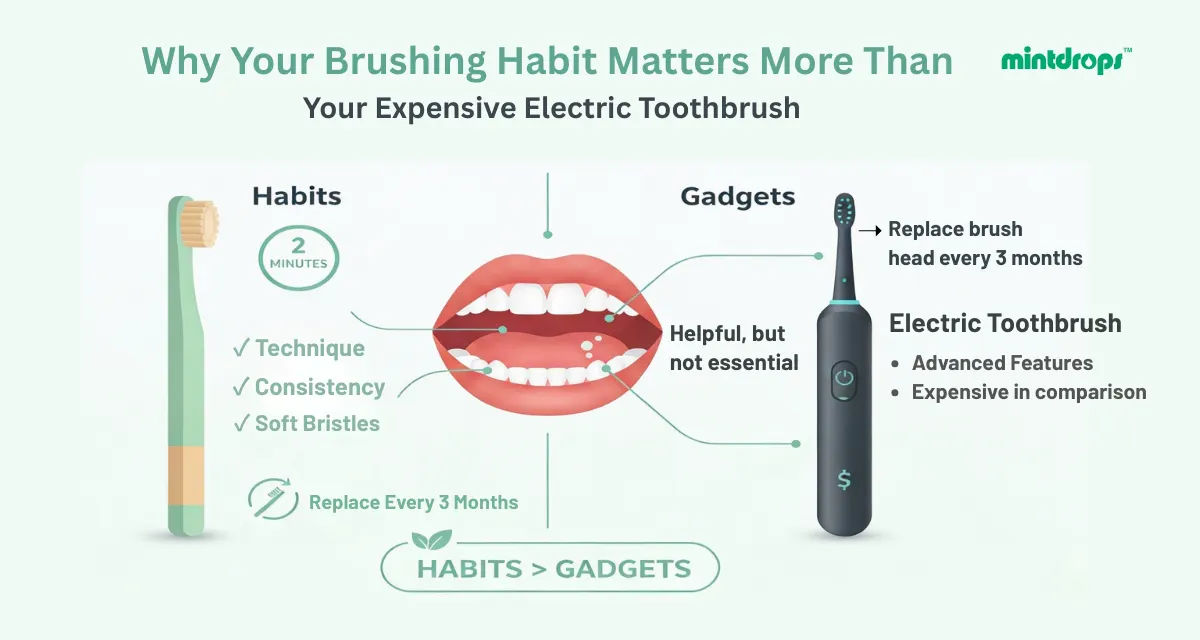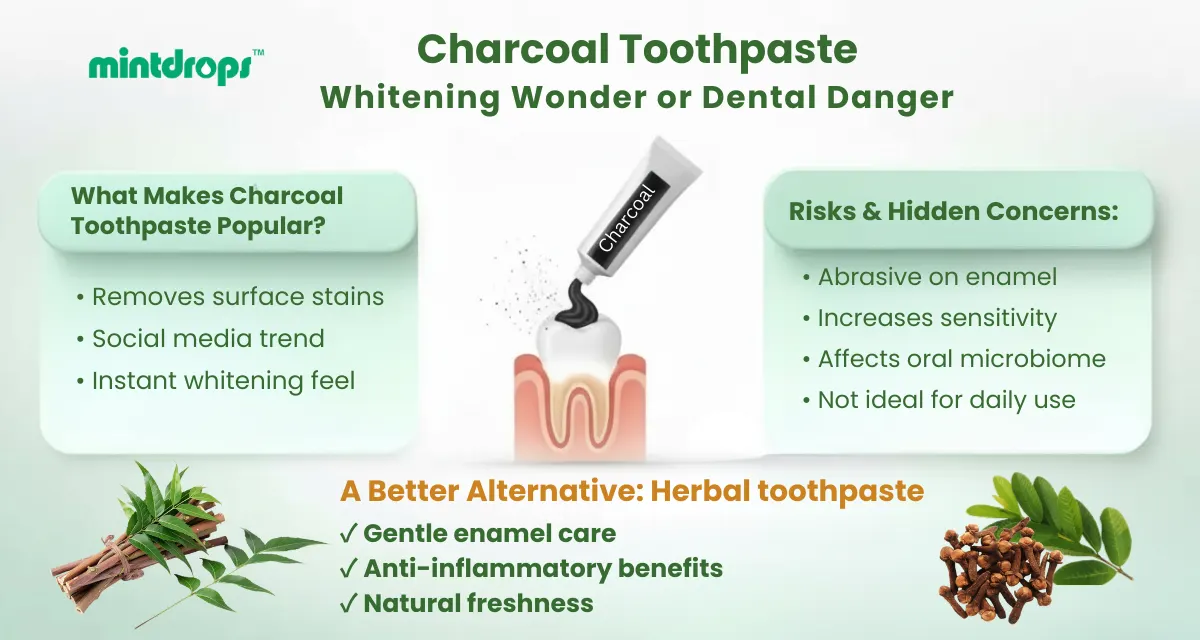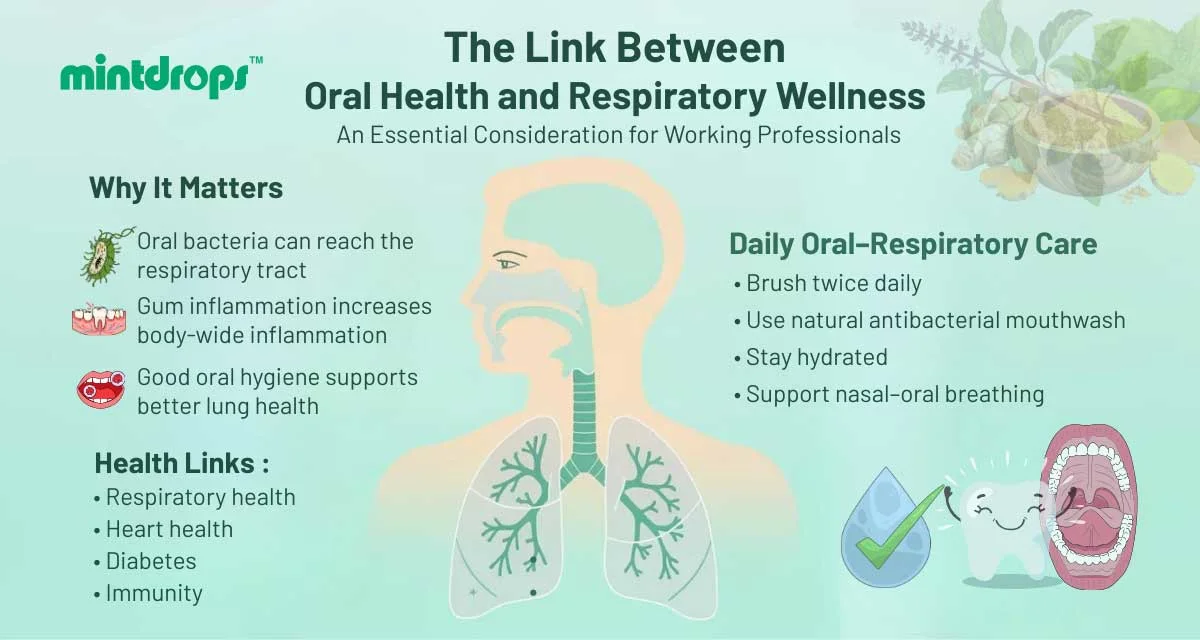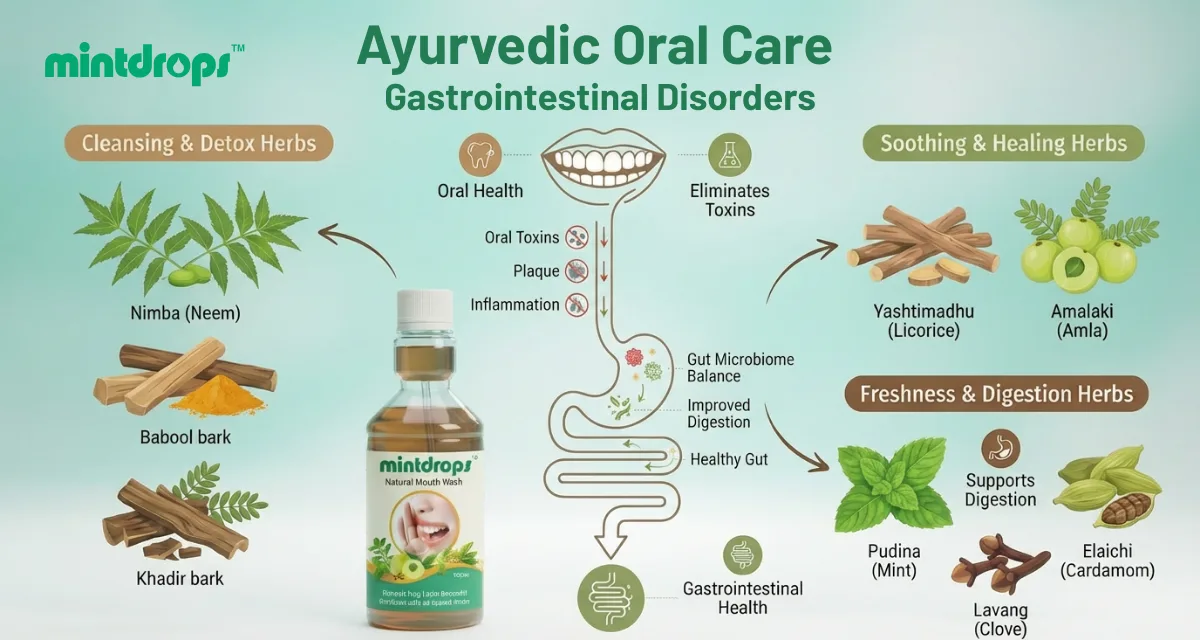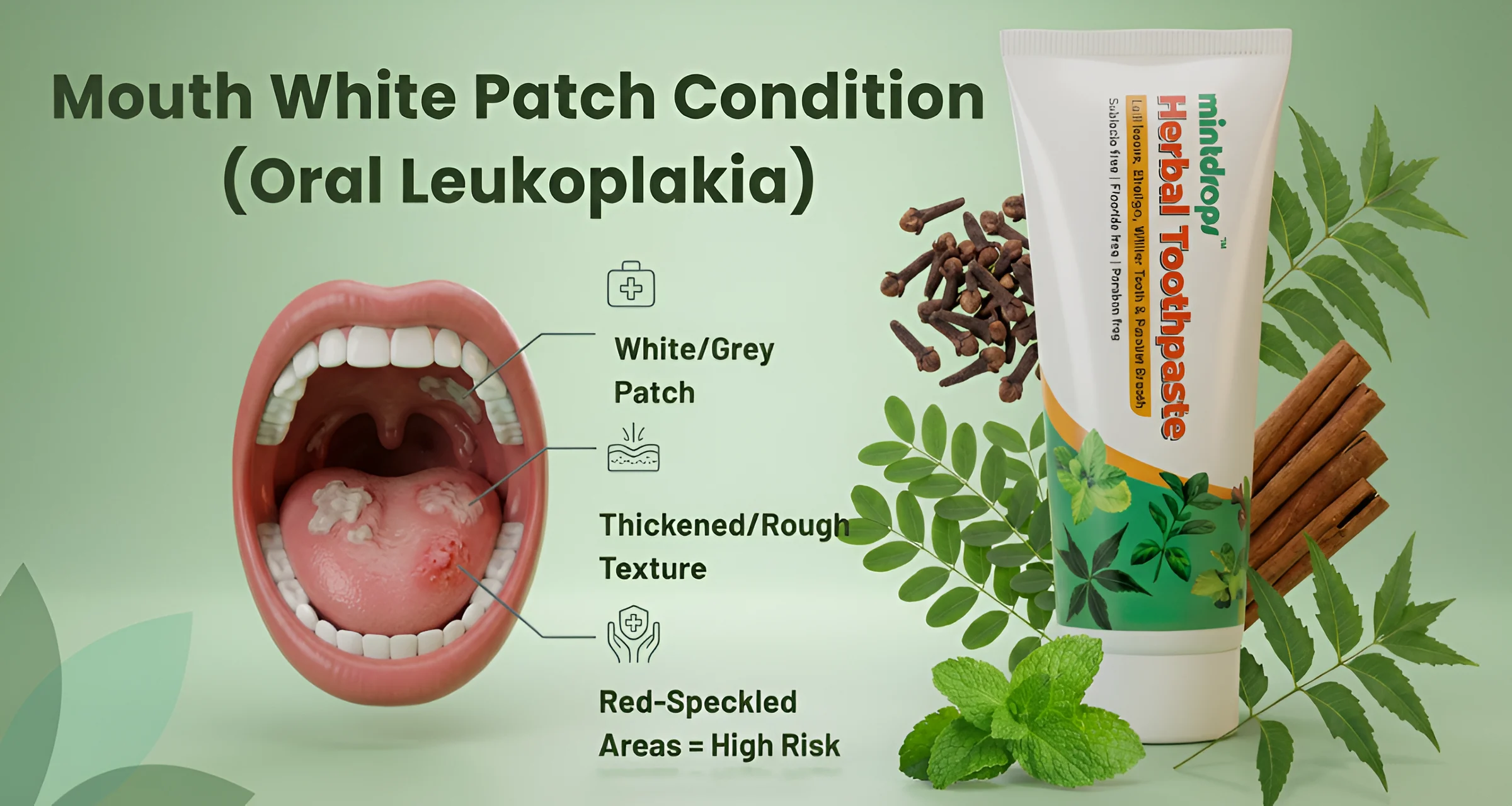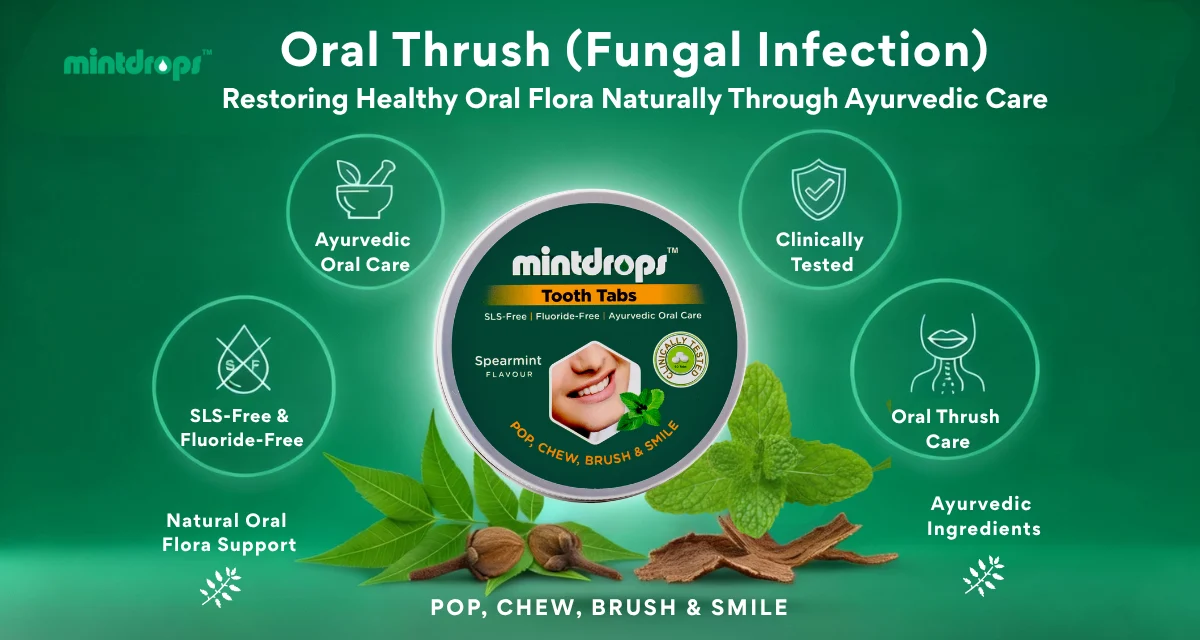Vocal Cord Strain in Professionals: Ayurvedic Care for a Healthy Voice
Your voice works longer hours than you realize. For teachers, corporate professionals, call-center executives, content creators, singers, and public speakers, the voice isn’t just a tool it’s part of the job. Yet vocal strain often goes unnoticed until hoarseness, throat discomfort, or fatigue sets in. By then, the damage has already begun.
As modern work demands constant communication, vocal cord strain has quietly become a professional health concern. Ayurveda, with its holistic understanding of the throat and voice, offers time-tested approaches to protect and restore vocal resilience especially when supported by mindful, modern solutions with ancient wisdom like Mintdrops Throat Spray.
Understanding Vocal Cord Strain in Working Professionals
Vocal cord strain occurs when the vocal cords are overused, irritated, or inflamed. Long meetings, continuous phone calls, presentations, air-conditioned environments, dehydration, and even stress contribute to this strain.
Common early signs include:
- Hoarseness or voice cracking
- Throat dryness or irritation
- Voice fatigue by the end of the day
- A frequent urge to clear the throat
Ignoring these signals can lead to chronic discomfort, recurring voice loss, and reduced vocal endurance something no professional can afford.
Why Modern Workplaces Are Tough on the Voice
Today’s professional environments are not voice-friendly. Dry indoor air, background noise that forces people to speak louder, and extended screen time all place extra pressure on the throat.
Additionally, habits like:
- Speaking continuously without vocal breaks
- Drinking excessive caffeine
- Inadequate hydration
- Poor posture while speaking
increase stress on the vocal cords. Over time, the throat loses its natural lubrication, making the voice more vulnerable to strain and irritation.
Ayurveda’s View of Voice and Throat Health
In Ayurveda, the voice originates from the balance of Vata and Kapha doshas. Vata governs movement and speech, while Kapha provides lubrication and stability to the throat tissues. When Vata becomes excessive due to stress, overuse, or dryness, the voice turns rough and fatigued. When Kapha is depleted, the throat loses its soothing protective layer.
Ayurvedic care focuses on:
- Maintaining throat moisture
- Soothing inflamed tissues
- Strengthening vocal endurance
- Supporting long-term vocal resilience
Rather than suppressing symptoms, Ayurveda aims to restore balance at the source.
Daily Ayurvedic Practices to Protect the Voice
Professionals can significantly reduce vocal strain by adopting simple, mindful habits rooted in Ayurvedic wisdom.
Helpful practices include:
- Sipping warm water throughout the day
- Avoiding excessive whispering or shouting
- Taking short vocal breaks during long speaking sessions
- Breathing deeply from the diaphragm instead of the throat
These small changes reduce unnecessary tension and allow the voice to recover naturally.
The Role of Herbal Throat Support
Herbal formulations have long been used in Ayurveda to support throat health. Ingredients traditionally known for soothing and strengthening the vocal cords help calm irritation while supporting natural healing.
Modern professionals, however, need solutions that fit seamlessly into busy schedules something quick, effective, and easy to carry.
Mintdrops Throat Spray: Ayurvedic Care for the Modern Voice
Mintdrops Throat Spray is designed with this exact need in mind. It combines Ayurvedic-inspired ingredients in a convenient spray format that provides quick relief and ongoing support for strained voices.
Whether you’re stepping into a meeting, delivering a presentation, or speaking for hours on calls, Mintdrops Throat Spray helps:
- Soothe throat irritation
- Maintain moisture in dry environments
- Support vocal comfort throughout the day
Its easy-to-use spray format makes it ideal for professionals who need immediate care without disrupting their workflow.
When and How to Use Throat Spray Effectively
For best results, Mintdrops Throat Spray can be used:
- Before long speaking sessions
- During the day when the throat feels dry or strained
- After heavy voice use to support recovery
A few sprays help coat the throat gently, offering comfort without numbing the voice. This makes it suitable for consistent daily use, especially during demanding workdays.
Prevention Is Better Than Voice Rest
Many professionals wait until their voice gives out before taking action. However, vocal health works best when approached preventively. Supporting the throat before strain becomes severe helps maintain clarity, confidence, and stamina.
By combining:
- Conscious speaking habits
- Adequate hydration
- Ayurvedic throat care
you create a routine that keeps your voice resilient rather than reactive.
Why Vocal Health Is a Professional Asset
A clear, steady voice isn’t just about comfort it’s about presence, authority, and confidence. When your voice feels supported, communication becomes effortless, meetings feel less draining, and professional interactions improve.
Mintdrops understands this connection between wellness and performance, offering solutions that align with both Ayurvedic wisdom and modern professional needs.
Conclusion: Care for Your Voice Like You Care for Your Career
Your voice carries your ideas, leadership, and identity. Treating it as an afterthought can lead to long-term strain, while mindful care can preserve its strength for years to come. By embracing Ayurvedic approaches and using supportive solutions like Mintdrops Throat Spray, professionals can maintain a healthy, resilient voice even in demanding environments.
Explore Mintdrops Throat Spray here:
🔗 https://mintdrops.in/product/mintdrops-throat-spray/
Because when your voice is strong, everything you say carries further.

